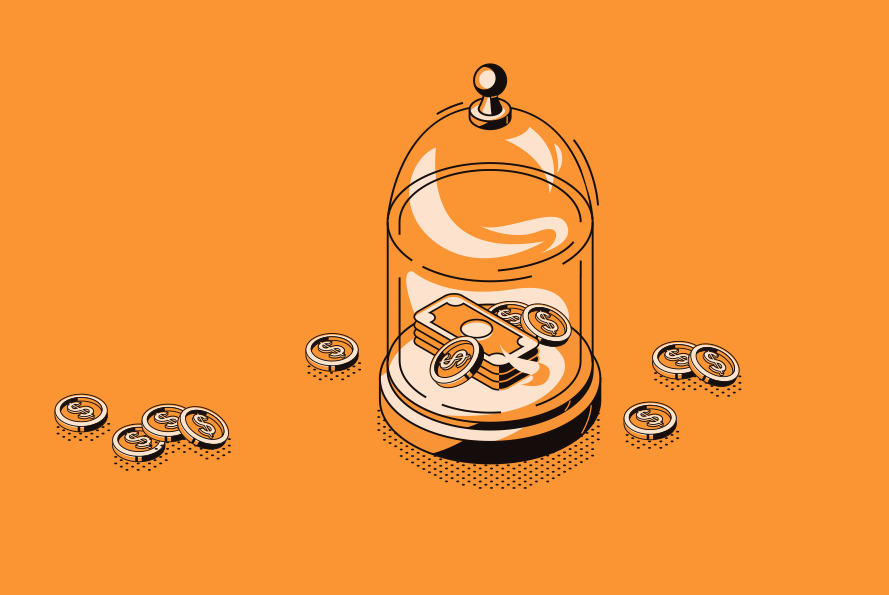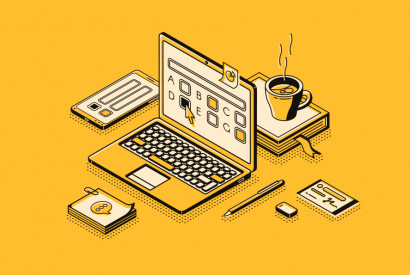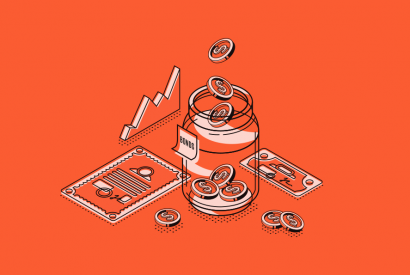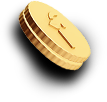5 account types to put your money to work!

When it comes to making the most out of the money in your bank account, it’s easy to get a little overwhelmed with all the different options available.
The truth is, different accounts serve different purposes, and depending on how quickly you need your money and how actively you want to be managing it, you may be better off putting your money into specific or numerous accounts. We put together 5 different account options that will help put your money to work.
1. High yield savings account
This type of account encourages users to save money over a period of time. Though traditional banks often have high minimums to open these accounts, the trend has been shifting to lower ones. Offered interest rates are typically higher than a checking or regular savings account. The money is easy to get hold of and can be used on the same day.
These accounts are typically FDIC insured, and have made a comeback recently as banks use high yield savings accounts to attract more customers. Although a relatively simple way to make a return on your money, the main disadvantages are that promoted interest rates typically don’t last and can decrease at any time, and withdrawals are limited to less than six per month.
2. Money market accounts
Money market accounts are similar to high yield savings accounts but with fewer restrictions. Banks also offer a higher interest rate on these accounts, however this usually comes with a higher account balance requirement.
The main issue with money market accounts is that interest rates can fluctuate, and you still have a withdrawal limit of less than six per month.
3. Brokerage accounts
Brokerage accounts are specialized accounts used specifically for buying investment vehicles such as stocks, bonds, and exchange-traded funds (ETFs). These accounts allow you to invest in the stock market.
It’s easy to get overwhelmed with the thousands of different options available when investing through a brokerage account. Commissions may be high, and due to the nature of investments, it can take several days before the money from your brokerage hits your account so you can start using it.
4. Retirement accounts
Retirement accounts such as 401ks and Roth IRAs are dedicated tools that help you save for retirement. The main benefit is these accounts offer tax advantages for keeping your money locked away until you retire, and you may also be offered more investment choices.
However, this can also be a disadvantage: you won’t be able to withdraw your money until you’re over the retirement age, and if you do, you risk paying a penalty.
5. Investment account with a robo-advisor
An investment account with a robo-advisor is another option that manages investments through an algorithm (instead of a human manager). Typically, an investment is made for you in a diversified portfolio of securities according to your personal risk and liquidity profile.
The main disadvantage with robo-advisors is they can have hidden or complex costs, such as a price per ‘assets under management’. With this pricing model, you’ll still be paying for your account to be managed regardless of whether it posts gains or losses. In case you need the money to make a payment, you’ll have to wait several days before your money is available to you.
When it comes to putting your money to work, these 5 different accounts offer various options depending on your needs and goals. Which platform should you use? Over the past decade, the proliferation of new, lower fee finance apps means you have a lot of choices. It also means you could easily end up with several apps and accounts spread across various platforms, complicating your money management process.
With Finch, we are reinventing these accounts. We’re creating an everyday account that allows you to merge your checking and investing account, eliminating the need for many of the accounts above altogether. This way, you’ll be getting the everyday checking account conveniences, but with the extra ability to invest in the market (while retaining instant access to your money!).









